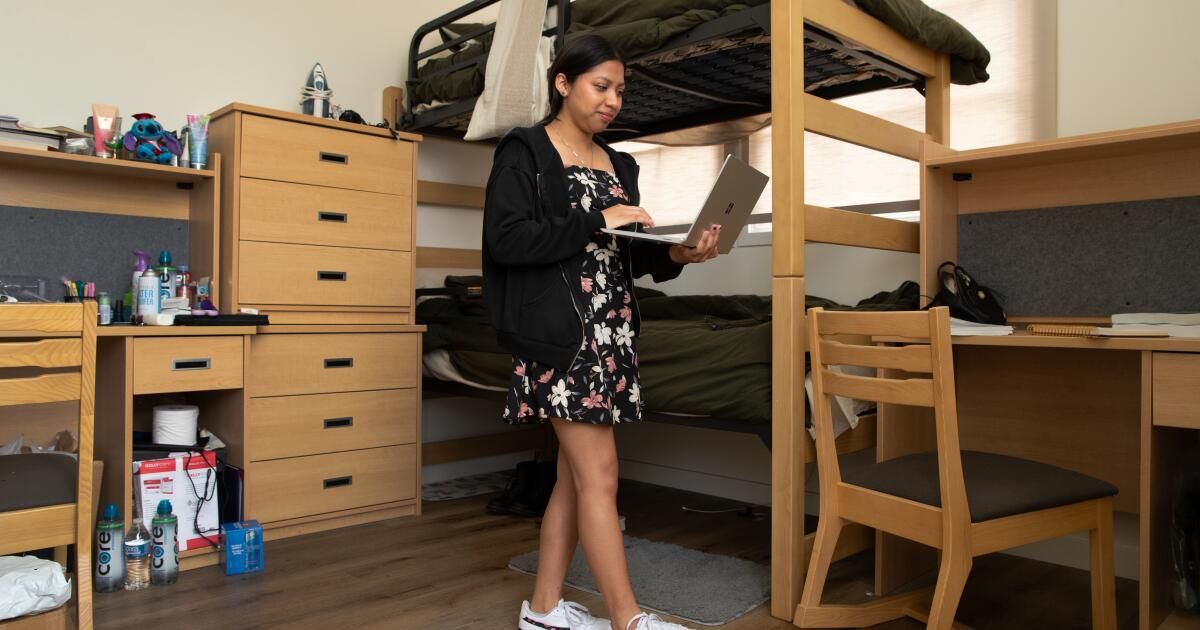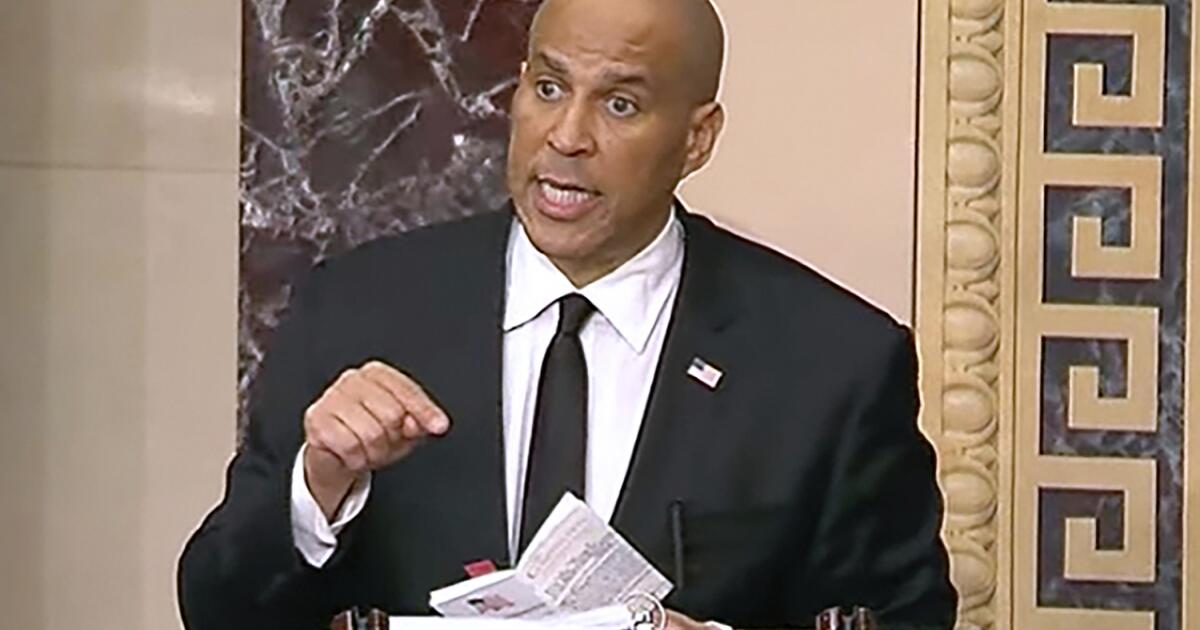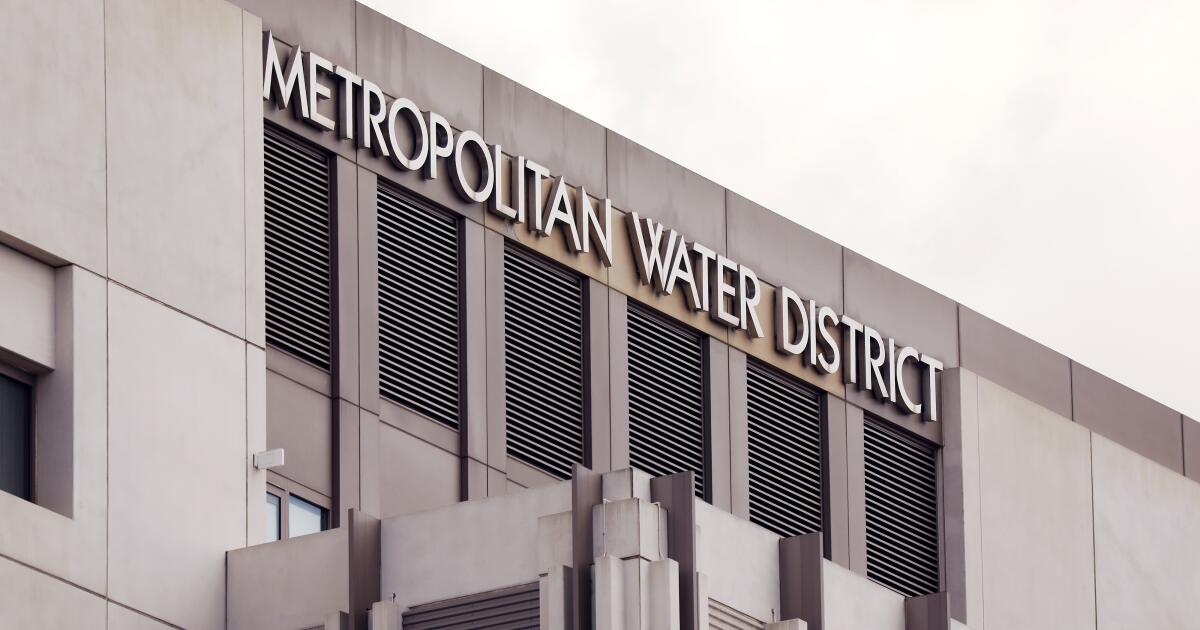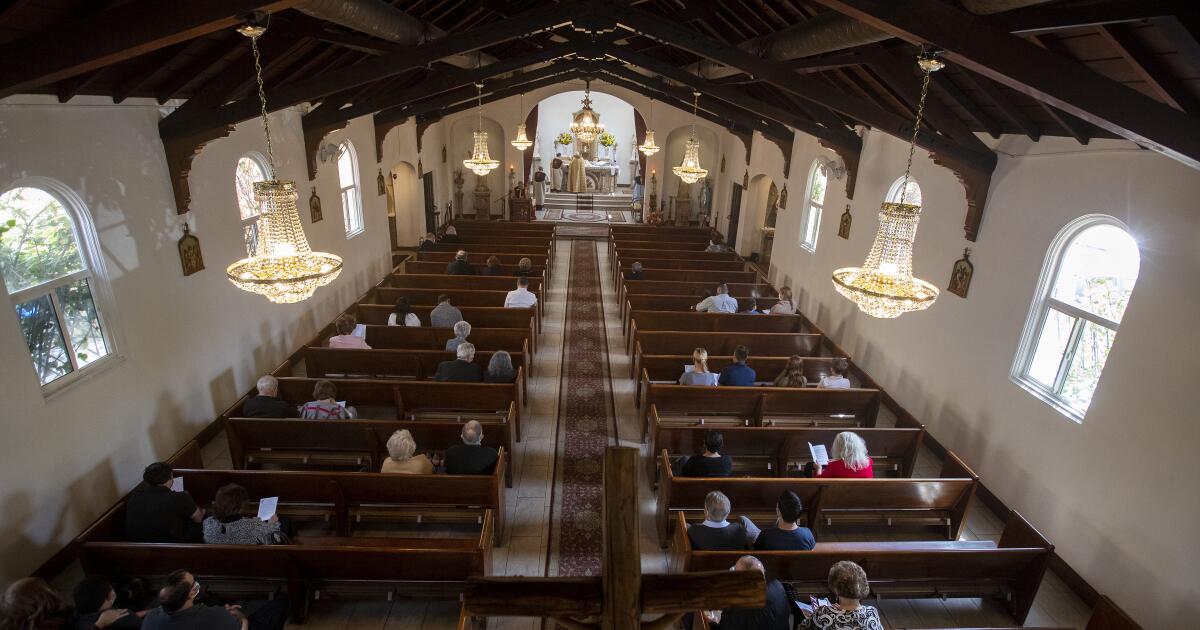The Free Application for Federal Student Aid (FAFSA) is an annual requirement that most enrolled and college-bound students dread. But for homeless youth, it can be a nightmare because the requirements don’t take into account their unique circumstances. In some cases, their applications have been invalidated because they lack a permanent address, don’t have enough financial information from their parents, or can’t get approval to apply without a parent’s help.
Congress passed the FAFSA Simplification Act in 2020 because lawmakers recognized that the long, complicated form discouraged students and families from applying for financial aid, and many couldn’t afford to attend college without it. The law also aimed to remove many of the barriers homeless students face, but they continue to encounter difficulties. An estimated 1.5 million college and graduate students are homeless, according to federal data.
2023-24 FAFSA The application was updated This way, if a student indicates that they are homeless or at risk of becoming homeless, the application automatically overrides the request for parent information and a home address, making the applicant submitting the form as independent of their parents, meaning they do not have to submit their parents’ financial data and may be eligible for further financial aid. However, students must still have a valid mailing address to submit the form, so the applicant must find a place where they can reliably receive mail regardless of the circumstances.
According to the National College Attainment Network, completing the FAFSA is one of the best predictors of whether a high school senior will go to college. Students who complete the FAFSA are 84% more likely to enroll in higher education, and for low-income students, completing the FAFSA has been associated with a 127% increase in college enrollment.
The application process is confusing even for students who have housing and their families. It is more difficult for students who are experiencing homelessness. They often need help from nonprofits, high school teachers, or friends and family to get through it, and they may struggle to find the time, paperwork, and transportation to get that help.
After submitting their FAFSA, youth who are considered homeless must complete a Homeless Verification Form or have a qualified person Write a letter to the university where they are enrolled. establish who are effectively homeless. The school's financial aid office then has to resubmit the FAFSA to the Department of Education on time. If submitted late, the applicant's financial package may be voided or reduced.
Federal law requires students to verify their homeless status once a year, but some colleges require homeless students to re-verify their status multiple times in a school year to retain aid. That's another inequity imposed on these students.
In 2022-23, about 80,000 students indicated on FAFSA applications that they were homeless and did not have parents, but only 45% were able to prove they were homeless. According to Barbara Duffield, executive director of SchoolHouse Connection, students who were unable to prove their status may have been questioned for additional information or mistakenly believed they were ineligible and dropped out. Organizations that assist homeless youth believe the actual number of homeless youth in college is higher than federal data shows.
This year, for the first time, the FAFSA Application 2024-25 It allowed students who had verified their homelessness on the 2023-2024 application to keep their status as long as their situation hadn’t changed. This was a big win for homeless youth advocates across the country. But many organizations that help homeless youth apply for financial aid were disappointed with the rollout of the new application, which had significant technical issues that forced homeless students to wait until glitches were fixed or to search for parents’ financial information that was hard to find.
This year, the FAFSA application was plagued by problems, including a three-month delay in launch, which delayed financial aid award notifications and made it difficult for students to decide which college they could afford to attend. The delay is especially alarming for homeless students because it could result in them not receiving aid in time for the upcoming school year.
It is shameful that the Department of Education has failed to make the federal student aid application process easier for homeless students, who already face significant barriers to obtaining a college education. Ahead of the next FAFSA, federal officials should work closely with organizations and homeless youth who have firsthand experience with the FAFSA and can help address the problem.












